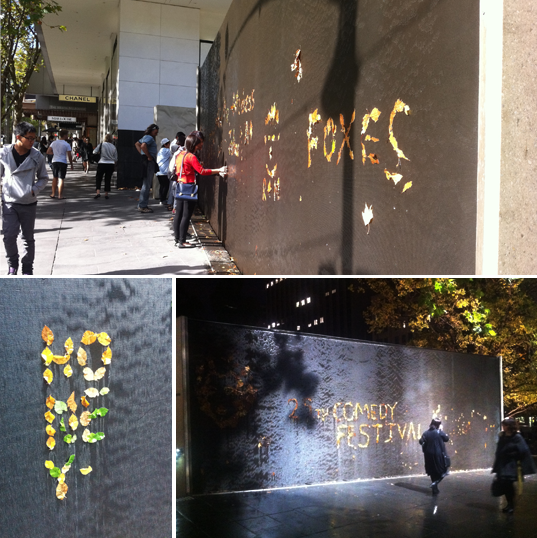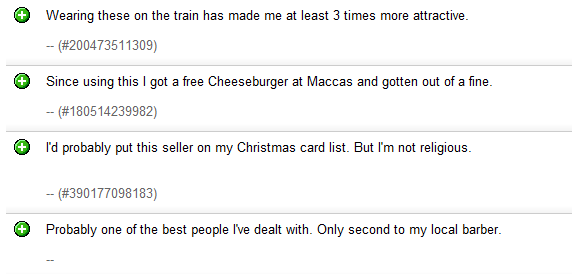31 May 2011 Being iPhoneless For 31 Days
- Over the course of the month, only once did I wish I had responded to an email faster. Everything else could wait until I got home or got to work.
- Only a few apps were truly missed; Tram Tracker and Shazam being up there. Everything else is really good at eating up your time and making you very unproductive (mostly games).
- Instead of listening to music and podcasts on the tram each day, I read three books over the course of the month. Unfortunately this meant I could also hear the amount of rubbish people talk about in public.
- I stopped checking my phone every five minutes. However, having been involved in a ‘news scandal’ during the month, it would have been nice to be connected to watch it play out.
- I could drop my burner on the ground and it didn’t even matter. That was kind of nice.
- And last but not least, I only had to charge my burner three times during the course of the month, and didn’t once worry about running out of battery.
Good fun, I’m going to try and read one book a month on the tram and it’s fair to say I’ve become less dependent on my iPhone. If you’re interested in taking part, I have a free phone you can use, all it will cost you is a beer.


